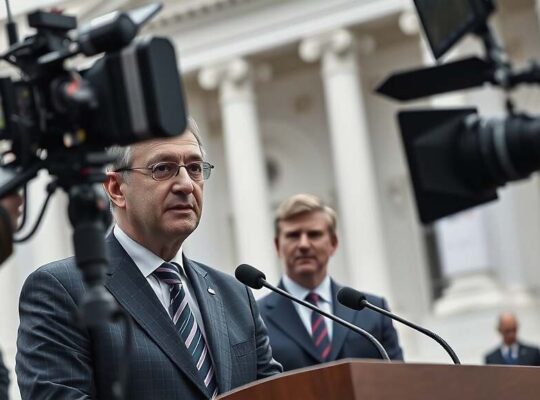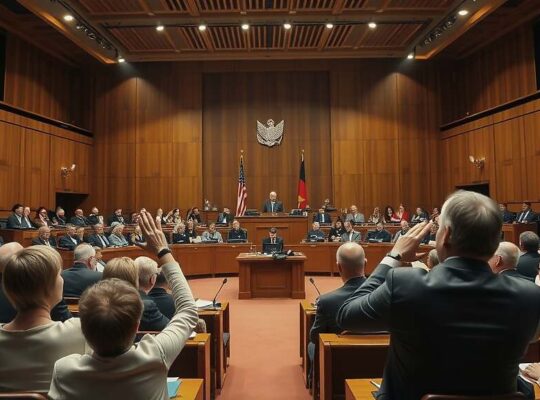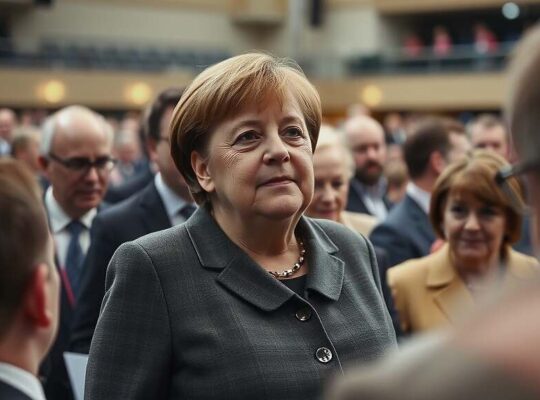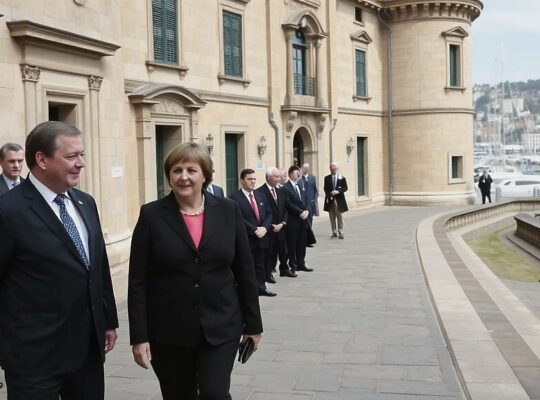Amidst a period of political uncertainty and ahead of crucial state elections, a leading figure within the German Green Party, Felix Banaszak, has urged for a measured approach to internal disagreements. In an interview with “Welt”, Banaszak cautioned against escalating tensions and emphasized the importance of regional autonomy within the party structure.
Banaszak’s remarks appear aimed at defusing potential friction between Green branches across Germany, highlighting that “every Green politician makes policy for the people they seek trust from – and not for Greens in other federal states”. He underscored that candidates in regions like Baden-Württemberg, Berlin and Saxony-Anhalt require “freedom of movement” to address local concerns effectively and that this necessitates accepting corresponding responsibility. The sentiment suggests a move away from a centralized, potentially prescriptive party line towards greater regional adaptation.
His call for “a bit of composure” regarding internal disputes comes at a time when public opinion remains fractured and many citizens are actively seeking political clarity. Banaszak argued that the Green Party’s ability to provide that clarity and thus maintain its electoral viability, hinges on more than just ideological purity. He explicitly advocated for “profile sharpening” combined with “the joy of discourse” actively encouraging debate rather than suppressing differing viewpoints.
Analysts suggest Banaszak’s statement represents a deliberate attempt to project an image of unity and pragmatic leadership, particularly as the party navigates complex issues and faces potential electoral challenges. By downplaying internal disagreements and encouraging dialogue, he aims to present a stable and trustworthy alternative to other parties. However, some critics suggest that such a call for restraint could be interpreted as an attempt to stifle genuine debate and limit the expression of opposing viewpoints within the party, potentially masking underlying ideological divisions. The long-term implications of this strategy remain to be seen, but it undeniably signals a shift in internal party dynamics at a critical juncture.












